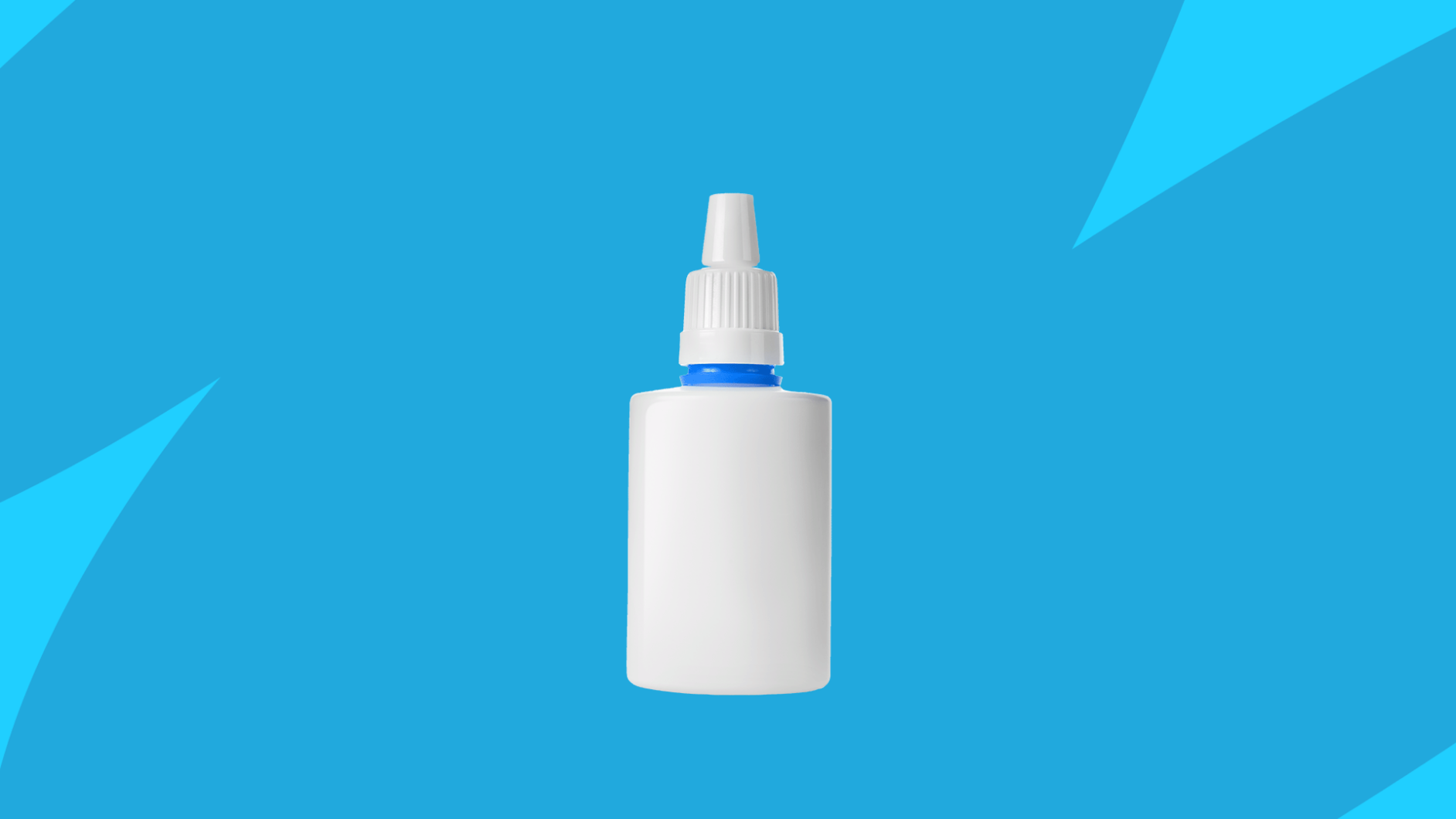Key takeaways
Xdemvy is an FDA-approved ectoparasiticide eyedrop for treating Demodex blepharitis—common side effects include stinging and burning.
Serious side effects of Xdemvy include chalazion and styes. Skin rash and difficulty breathing are signs of an allergic reaction.
Remove your contact lenses before using Xdemvy eyedrops. You can reinsert them 15 minutes after application.
The safety of Xdemvy during pregnancy and breastfeeding is unknown, and its use in pediatric patients younger than 18 years has not been established.
Xdemvy is an ectoparasiticide (anti-parasitic) eyedrop that was approved by the U.S. Food and Drug Administration (FDA) in July of 2023 to treat Demodex blepharitis (inflammation of the eyelids). Manufactured by Tarsus Pharmaceuticals, it is the only FDA-approved treatment that targets and kills Demodex mites that cause Demodex blepharitis. Like all medications, side effects may occur when taking Xdemvy.
Some Xdemvy side effects do not require medical attention. Commonly reported side effects typically resolve as your body adjusts to the medication. However, in the event of persistent or worsening Xdemvy side effects, it’s best to contact a healthcare provider.
RELATED: How much does Xdemvy cost?
Adverse reactions
As a new medication, most side effects of Xdemvy were observed in clinical trials under widely varying conditions. Therefore, the side effects reported may not always be applicable to patients being treated outside of trials.
Common side effects of Xdemvy
Xdemvy was evaluated in 833 patients with Demodex blepharitis in two randomized, controlled trials over the duration of 42 days. The most common side effects of Xdemvy were stinging and burning (10%).
Serious side effects of Xdemvy
Consult your physician if you experience any of the severe Xdemvy adverse events listed below. Some of these side effects may require immediate medical help.
Other ocular adverse reactions reported in less than 2% of Xdemvy patients were chalazions (eyelid reactions with red bumps), styes, and punctate keratitis (dead cells on the surface of the cornea).
Signs of an Xdemvy allergy:
- Skin rash
- Difficulty breathing
- Swelling of the throat, lips, or face
- Wheezing
- Runny nose
- Watery or itchy eyes
Anaphylaxis is a rare, but life-threatening, allergic reaction. Signs of anaphylaxis include:
- Closing of the throat and airways
- Nausea
- Abdominal pain
- Vomiting
- Diarrhea
- Dizziness or lightheadedness
- Rapid or weak pulse
- Reduced blood pressure
- Seizures
- Loss of consciousness
Xdemvy interactions
Remove contact lenses before using Xdemvy. Contacts may be reinserted 15 minutes after administering Xdemvy eyedrops.
RELATED: How to take Xdemvy
Safety measures while using Xdemvy
Xdemvy during pregnancy
The risk of Xdemvy during pregnancy is unknown due to no data available on human pregnancy. However, systemic exposure to Xdemvy from ocular administration is low. In animal reproduction studies, Xdemvy did not produce malformations at clinically relevant doses.
Xdemvy while breastfeeding
There are no data available on the presence of Xdemvy in human milk, the effects on the breastfed infant, or the effects on milk production. However, systemic exposure to Xdemvy following six weeks of topical ocular administration is low. The benefits of breastfeeding should be considered, along with the mother’s clinical need for Xdemvy, and any potential Xdemvy side effects on the breastfed child.
Geriatric use
No differences in Xdemvy safety or effectiveness have been observed in older adults.
Pediatric use
Xdemvy safety and effectiveness in pediatric patients younger than 18 years old have not been established.
- FDA approves Xdemvy for eye infection caused by mites, Formulary Watch (2023)
- Prescribing information, Tarsus Pharmaceuticals, Inc. (2023)




